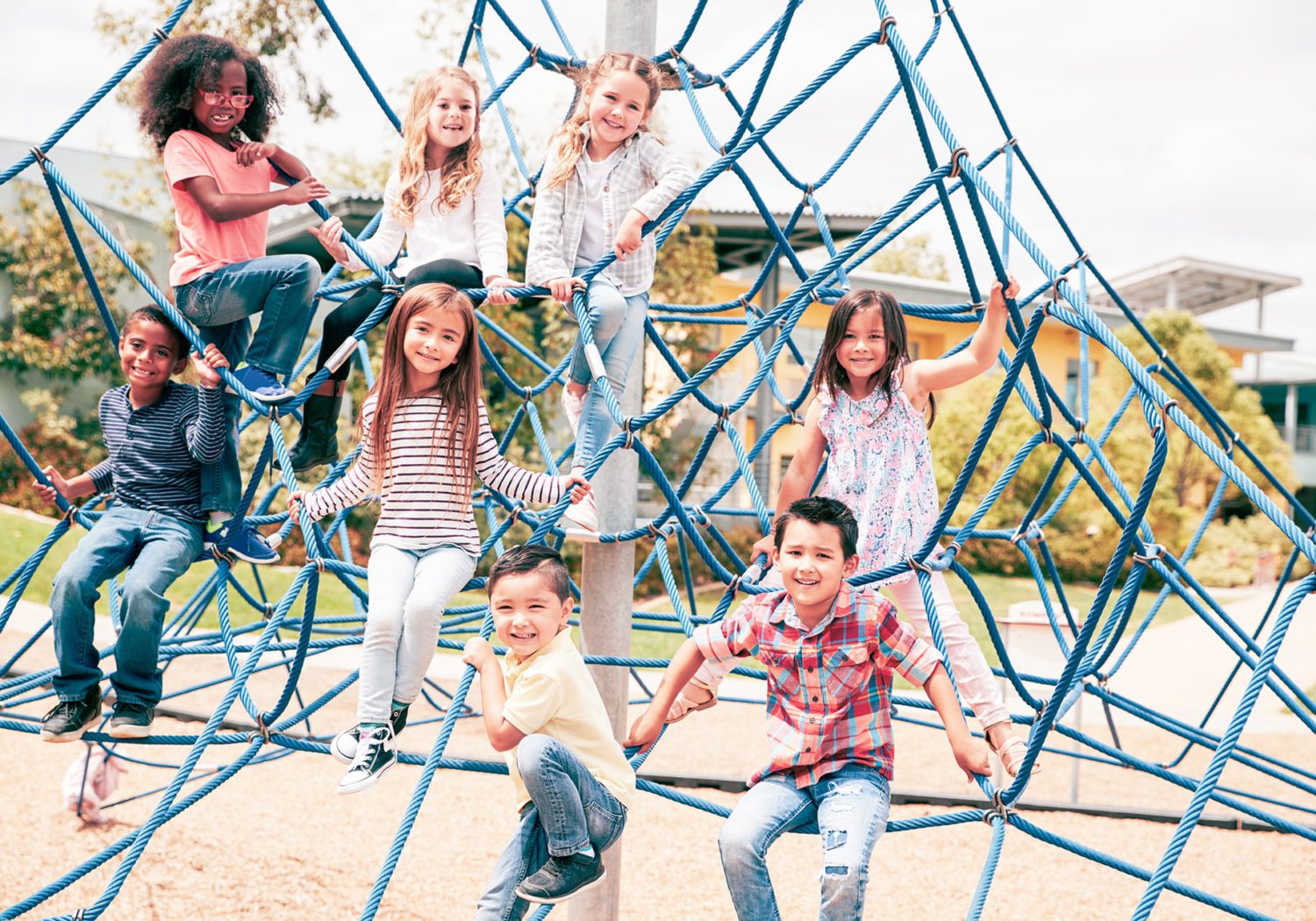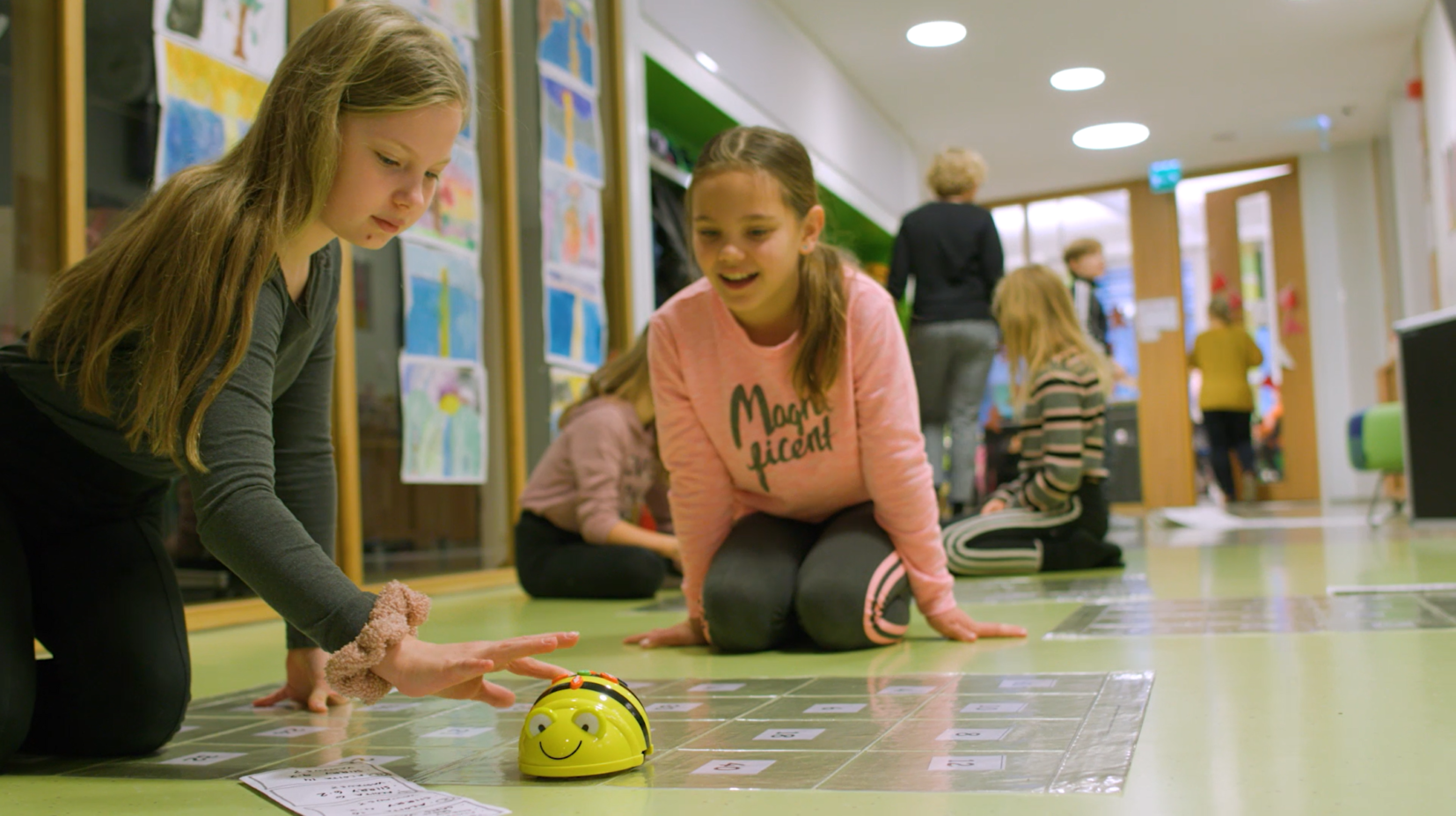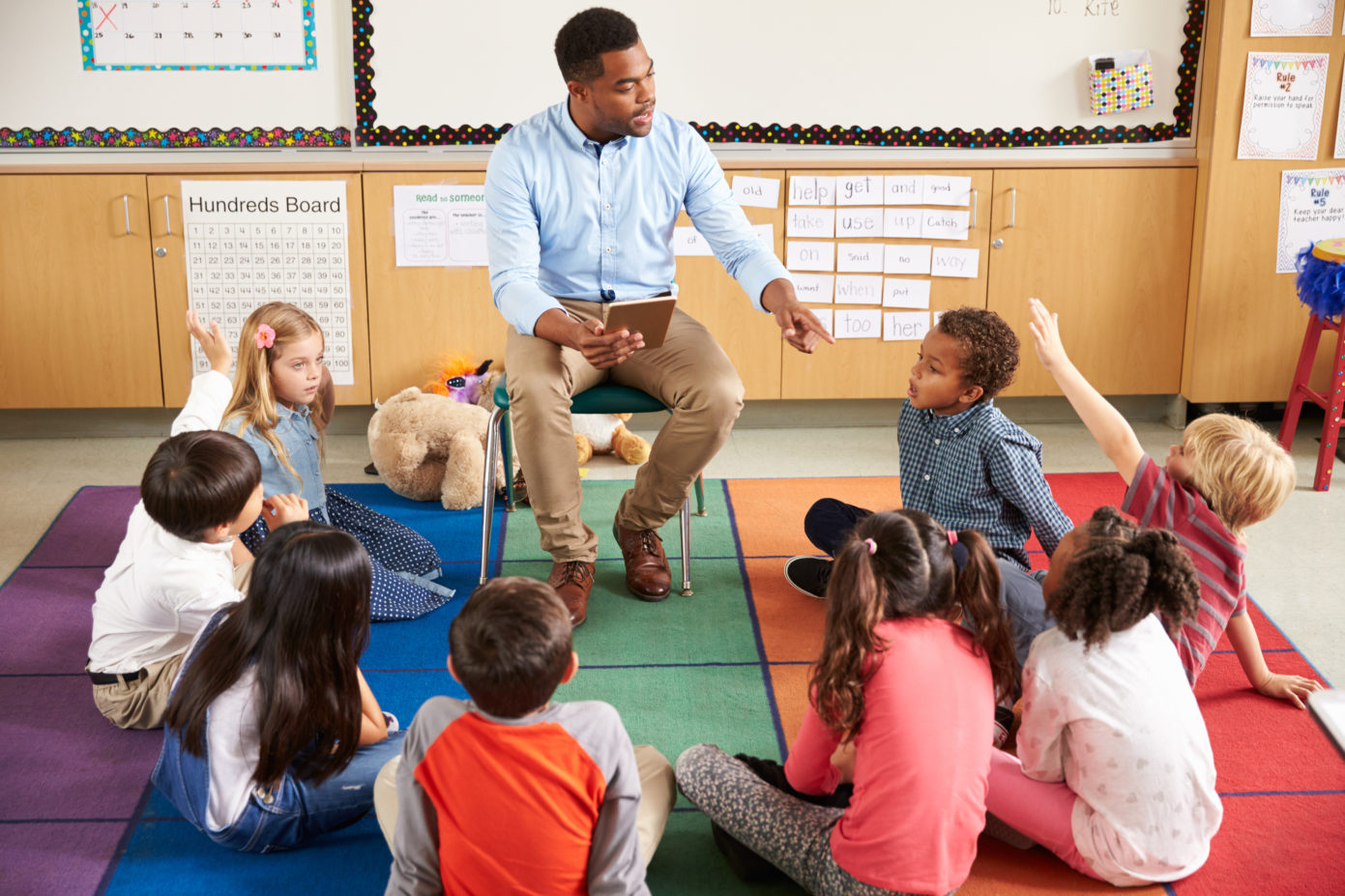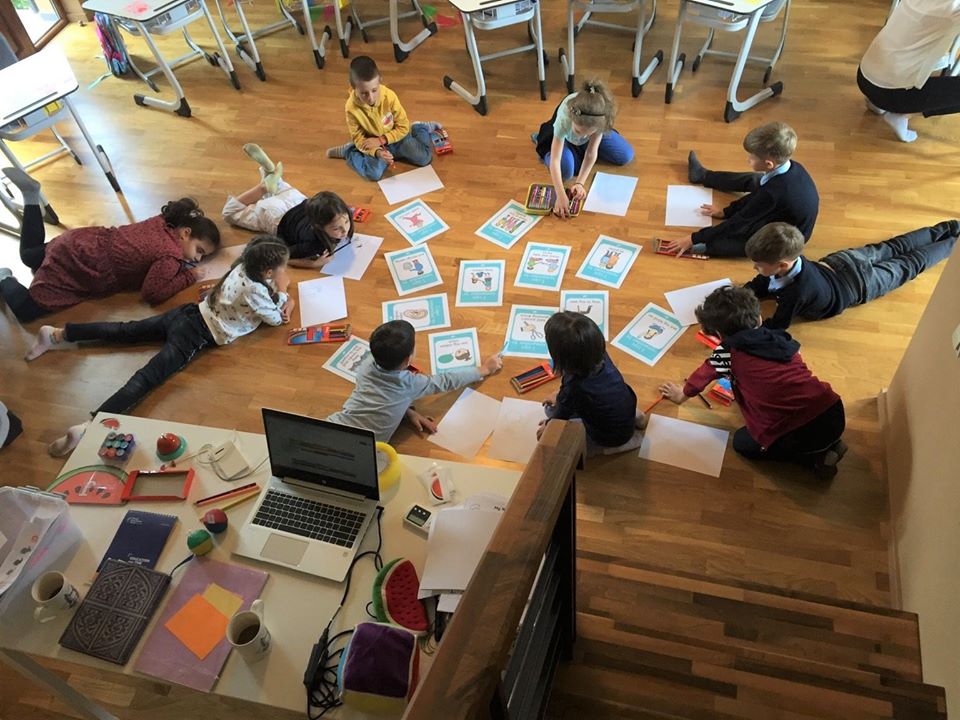Polar Partners and University of Turku boost the export of Finnish educational expertise with new online courses
Polar Partners Ltd. and University of Turku…

Education is a cornerstone of the Finnish society, and Finnish education is regarded as one of the best in the world. Our education system is based in research and evidence, and it highlights a holistic approach for supporting the learning, development, and well-being of each child.
Finnish education is rooted in the idea that learning is not for school – but for life and thriving in today’s world. It encourages students to acquire skills that will support them throughout their lives and help them become active citizens.
An integral part of the Finnish learning process is to develop students’ knowledge, skills, values, and attitudes. Students are provided with support, meaningful challenges and options for personalizing their learning paths. In Finland, students are not compared to others or ranked. Instead, teachers are trusted to provide assessments and feedback they think are most beneficial for each student’s learning development and well-being.
Learning does not happen only in the classroom – it happens everywhere and all the time. For example, learning outdoors and in communities helps students to collaborate, make connections, and integrate knowledge into real-world situations. Students learn best through experiences that are active, engaging, meaningful, and interactive. Phenomena- and problem-based learning are a key part of understanding complex global issues.


Finnish teachers are highly educated and trusted, and they are given plenty of pedagogical autonomy. Teachers understand how age-appropriate learning happens and they obtain a wide toolkit of modern teaching methods to introduce new knowledge, activate students, and support students with difficulties.
Teachers plan lessons according to the curriculum’s learning objectives and with a touch of their own personality. 21st century skills and subject content are integrated into holistic learning entities so that students learn to make meaningful connections. Teachers’ skills are continuously improved during their careers as an essential part of long-term school development.
The Finnish national curriculum and teaching approach have a strong focus on 21st century skills in all subjects. The Finnish system has won many awards for highlighting skill-based learning. The selected seven 21st century skills are a core part of each subject and have their own development goals.
In order for students to achieve success in their school path, career, and life, they need to develop social and emotional skills — just as they learn academic skills. Research shows that by improving social and emotional skills in school, students’ test scores, grades, and attendance have also improved. Through the development of 21st century skills, Finnish education aims to support students’ social and emotional skills plus growth as human beings, learning to take care of themselves and their well-being, enhance competences needed for participating in a democratic society, and support a sustainable way of living.

The Finnish education system supports the child’s growth and development individually from the very first steps of education:
Early childhood education and care (KG) supports children’s age-appropriate skills, a curious attitude, and learning through play and interaction.
In basic education (Grades 1–9) students get to practice various 21st century skills while studying academic subjects and preparing for the future. Teamwork and learning across subject boundaries are an integral part of learning.
General upper secondary school and Vocational education and training (Grades 10–12) offer teenagers choices between more academic general education and more practical, work-life oriented vocational education. Students develop 21st century skills and an entrepreneurial mindset to succeed in a technology-rich work environment.


Polar Partners Ltd. and University of Turku…

It all starts from cultural values, because every…
Contact our team and let us know your initial plans related to school development. We will get back to you in two days.